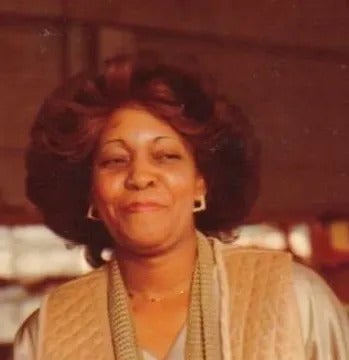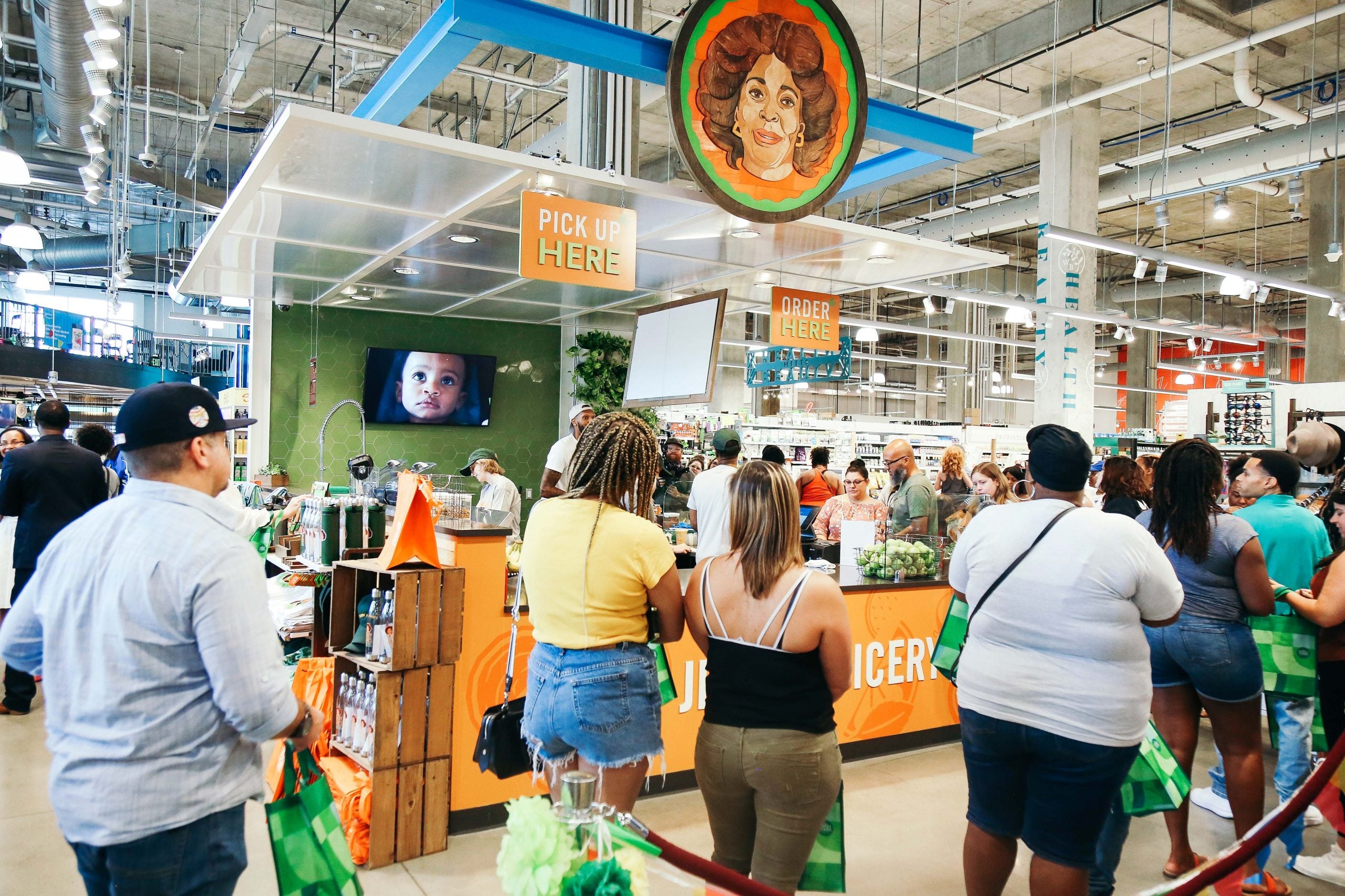
Ruby Jean was the heart of her family.
The matriarch stepped into her grandson Chris Goode’s life early on when his father was largely absent, and his mother was busy working multiple jobs to support Goode and his three siblings. Because of that, Ruby and her grandbabies grew close.
But as big as her heart was, it wasn’t strong enough to maintain her less-than-healthy eating habits. At 61, she passed away after a battle with diabetes, kidney disease, and high blood pressure largely attributed to her diet.
Two days before she died and was taken off life support, Goode’s great grandmother suffered a massive heart attack in the waiting room of the hospital where Ruby Jean was set to transition. He was just 14 years old and faced two of the biggest losses of his life. As an adult, he realized their deaths could’ve been prevented.
“I watched the documentary Fat, Sick and Nearly Dead when I was in LA with some friends who are finishing up with a juice cleanse,” the Kansas City, MO native said. I’m from the land of comfort food and BBQ so I’m thinking, oh, you all are weird. Let’s go to the beach. I didn’t come to be educated about juicing. But by the middle of it, I start ed to really pay attention to what the doc was conveying and I recognized a lot of what happened in my family.”

The movie followed the story of an overweight man suffering from an autoimmune disease and how he changes his life by shifting his diet. After 60 days of drinking only fruit and vegetable juice for 60 days he reclaims his health all while exposing disparities in health education in communities across the country. One of the larger conversations that came up was how the lack of access to healthy food can drastically impact health outcomes and life expectancy in underserved communities. What’s more, traditional Black southern cooking can attribute to long-term health issues as well.
“If you think about [the] disparity — African-Americans’ life expectancy is about 3.5 or 4 years less,” said George Howard in an NPR interview. Howard is a professor of biostatistics at the University of Alabama at Birmingham and led a 2018 study examining health disparities in the Black community. “Hypertension — which can lead to heart attacks, stroke and kidney failure — is a big contributor to that.”
Goode said he was forever changed by the realizations prompted by the doc he saw. So he first set out to change the minds of his family members—then his entire community.
In 2015, in his hometown Goode founded Ruby Jean’s Juicery, a health store that makes and sells fresh juice, detox cleanses and smoothies.
What started as a local effort has since grown to three storefronts, a plan to expand into cold-pressed offerings and a distribution deal with Whole Foods in which the brand product will be sold in 33 stores. Atop every location and on nearly every bottle of juice is an illustration of Ruby Jean’s face, beaming with pride. But Goode says it’s only the beginning.

“There’s never been a bottle to have a face on it in this health juice market and to have it be Black, and a representation of so many Black families—a grandmother—that is incredible,” Goode told ESSENCE.
